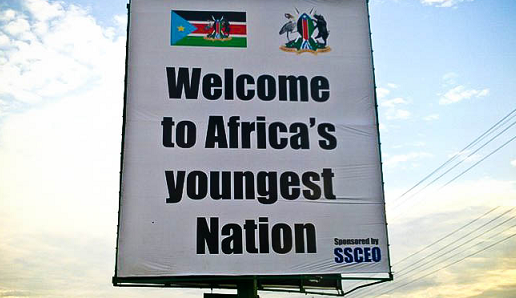
EU announces €48.5 million aid to South Sudan

The European Union on Thursday announced €48.5 million in humanitarian assistance to South Sudan, which has been dogged by a civil war for the major part of its post-independence era.
The latest aid grant comes just a week after the EU announced another €1 million to step up Ebola prevention in the country.
“The EU continues to stand by people in need in South Sudan. Today on World Refugee Day let us not forget the 4 million South Sudanese who remain uprooted, either within their country or as refugees in the region. Our new funding will help partners save lives on the ground. It is therefore essential that humanitarian workers have full and safe access to do their lifesaving job. While humanitarian support is a matter of urgency, ultimately only a solid commitment to restore peace and stability can bring a long-lasting solution,” said Christos Stylianides, Commissioner for Humanitarian Aid and Crisis Management.
The EU-funded humanitarian projects will focus mainly on the protection of the most vulnerable, including displaced people in the country, women, and children; the provision of food and nutrition assistance to families in need; the provision of basic health care in hard-to-reach areas, and the prevention of epidemic outbreaks, and the setting up and running of accelerated education programmes for children who lost out on years of schooling in conflict-affected areas, giving them a safe environment and a chance for a better future.
Since 2014, the EU has contributed more than €551 million in aid in South Sudan.
South Sudan descended into war in December 2013, sparked by a feud between President Salva Kiir and his then deputy Riek Machar.
Kiir accused Machar of plotting to overthrow his government, allegations the later refuted but then went ahead to mobilize a rebel force to fight the government.
The war has killed tens of thousands and displaced millions others, prompting the UN in 2017 to rank South Sudan as Africa’s biggest refugee crisis.
Peace talks have failed to hold water in the past, but a current deal is expected to put the country on the path of lasting peace.
In that deal, the country’s factions will form a unity government ahead of presidential elections which will unify the entire country.






